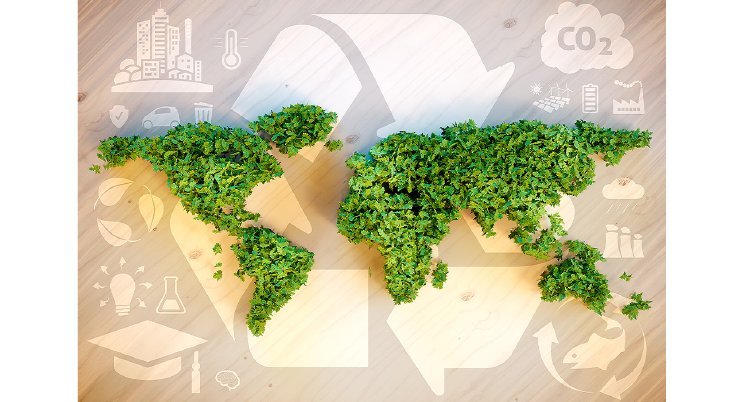RAMPF's chemical upcycling technology facilitates the utilization of polyurethane-based production waste that is not sorted by type. This sets it apart from most conventional recycling processes, which are designed for sorted residual materials and require the time-consuming and energy-intensive separation of different plastics into single-origin material streams.
At a meeting of the “Aerogels Cluster”, a working group of the BMWK's energy research networks, representatives of the funding body outlined the subject matter of the energy research program:
“Energy research is an important strategic element of the BMWK's energy policy. In addition to the switch to renewable energies, the efficient use of energy and a sustainable circular economy are also crucial for the successful transformation of the energy system, for which aerogel technology could play a significant role.”
The fact that RAMPF's approach is connected to a material recycling process makes it especially relevant.
The main advantages of the innovative upcycling approach:
- Reduction of unsorted plastic waste in landfills and incineration plants
- Circularity of difficult-to-recycle duromers
- Reduction of pollution caused by plastic waste
- Reduced fossil fuel consumption in the manufacture of new products
- High industrial relevance, both in terms of recycling technology and potential applications of polymer aerogels, including thermal insulation, electromobility, lightweight fillers, rheology additives, and oil binders
Dr.-Ing. Gerd-Sebastian Beyerlein, Director of New Technology Development at RAMPF:
“The project sets standards both technologically and in terms of research and development. For the first time, we have combined a material recycling technology with aerogel technology to develop a robust, industry-oriented platform for the recycling of unsorted waste streams. This offers exciting entrepreneurial opportunities and can make a significant contribution to the establishment of holistic circular economies.”
Although aerogels are not a completely new class of materials, they have so far had difficulty gaining a foothold on the market due to their high costs. The development work in the publicly funded “PolymAEROcycle” project is expected to therefore have a positive impact on the competitiveness of aerogels.
Innovation and success factor
Research funding sees industry-related research in SMEs as a key driver of innovation and a success factor for Germany as an industry location. In BMWK's applied energy research, several projects on aerogel technology have already been bundled in a thematic cluster to make consistent progress on the path to industrialization.
The experts agreed that the technology development of RAMPF and its project partners can contribute to increased sustainability in the energy system and thus to its accelerated transformation. In this respect, the project’s activities show a high degree of coverage for BMWK's 8th Energy Research Program for Applied Energy Research and are exceptionally future proof.

